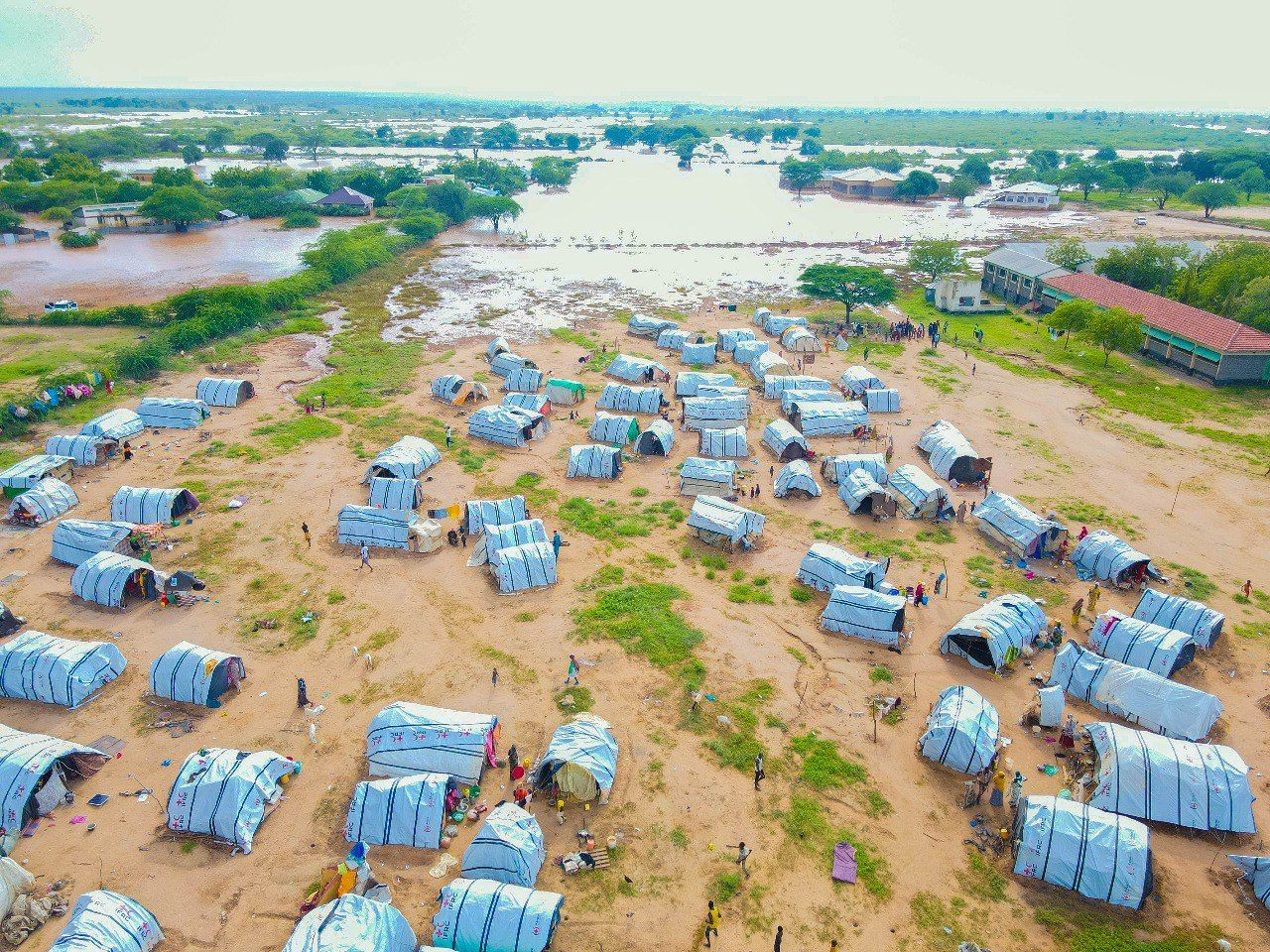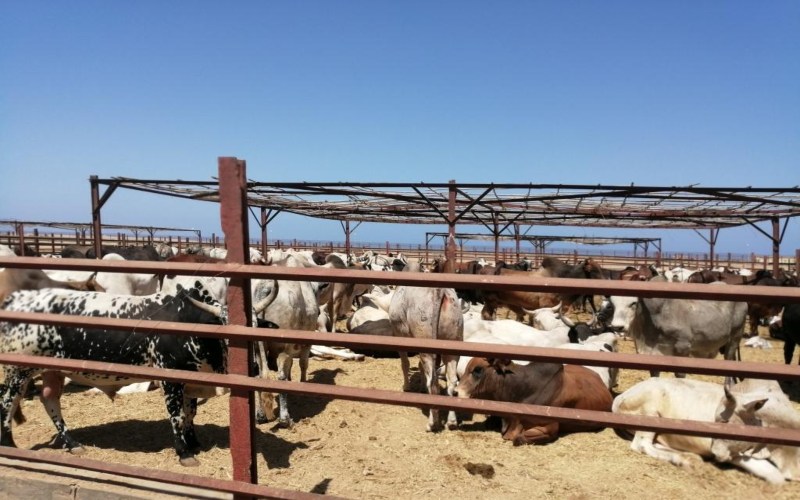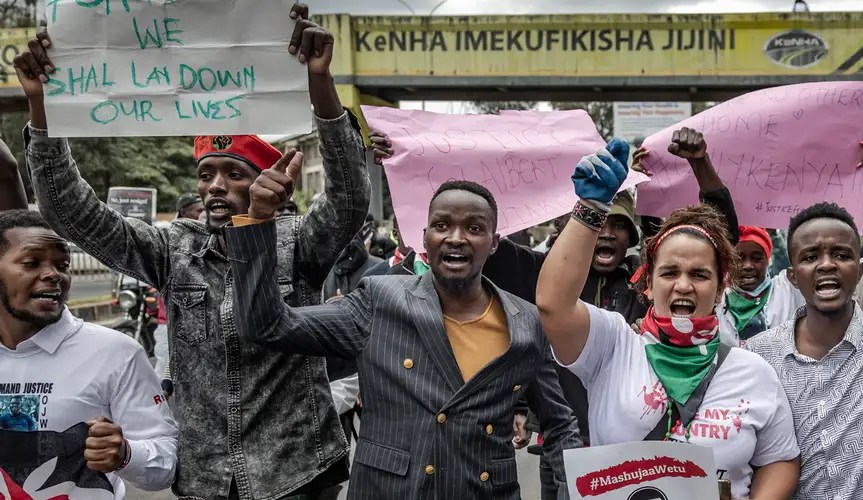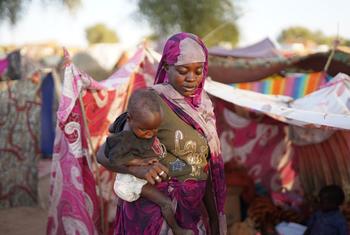OPINION: Use emergency funds to address needs of northern Kenya people

The Auditor-General paints a troubling picture of mismanagement and misappropriation of emergency funds in several northern Kenyan counties.
As the devastating floods continue to ravage various parts of Kenya, with the northern region equally bearing the brunt of the crisis, it is crucial to address the pressing issue of the use of emergency funds by the governors of the affected counties.
Residents of Garissa, Mandera, Isiolo, Marsabit, Wajir, and other northern Kenyan counties now find themselves in desperate need of assistance and support.
More To Read
- Garissa town residents call for urgent drainage fix as floodwaters swamp businesses, homes
- Dozens killed, hundreds displaced as heavy rains batter several counties
- Update: 15 dead after massive landslide in Elgeyo Marakwet County following heavy rains
- Rain turns deadly in Garissa, killing over 500 livestock
- How blocked drainage systems, open sewers threaten lives, businesses in Eastleigh
- Kenya Met warns of reduced rainfall but showers to continue in parts of the country
However, the recent findings of the Auditor-General have shed light on a disturbing pattern of emergency funds misuse in several of these counties, calling into question the integrity and accountability of those entrusted with managing these critical resources.
The importance of emergency funds in times of crisis cannot be overstated. These funds are a lifeline for citizens who have been displaced, have lost their livelihoods, and are struggling to access necessities like food, clean water, and medical care.
The Public Finance Management (PFM) Act provides a clear framework for the management and use of emergency funds. The Act says emergency funds are to be allocated and used specifically for unforeseen and urgent expenditures that cannot be delayed until the next budget cycle.
It stipulates that these funds should be used judiciously and transparently, with proper documentation and accountability. The county governments are required to maintain a separate account for emergency funds and provide regular reports on their use to the county assembly and the Auditor-General. Any unused emergency funds should be returned to the County Revenue Fund at the end of the financial year.
Northern Kenya has been grappling with a wide range of emergencies, from recurring droughts and floods to locust invasions and insecurity. These crises have had a devastating impact on the livelihoods of residents of the region, often leaving them in dire need of assistance and support. The frequency and severity of these emergencies underscore the critical importance of having a well-managed and adequately funded emergency response system.
Despite the leniency provided in the use of emergency funds in the context of public accounting, these funds must be used properly and efficiently to ensure maximum impact and benefit for the affected communities. Misuse or misappropriation of emergency funds not only undermines the effectiveness of the response efforts but also erodes public trust in the government's ability to responsibly manage public resources.
Funds mismanagement
The Auditor-General paints a troubling picture of mismanagement and misappropriation of emergency funds in several northern Kenyan counties. The report highlights instances where funds were diverted from their intended purpose, used for personal gain, or were unaccounted for. This blatant abuse of public trust and resources is a violation of the principles of good governance and a moral failing on the part of those involved. It is particularly egregious considering that citizens are in desperate need of assistance.
From an Islamic perspective, which many of the Northern Kenya governors can relate to, the misuse of emergency funds is a grave transgression that goes against the fundamental teachings of the Quran.
The Quran places great emphasis on the principles of accountability, responsibility, and proper management of resources, especially public funds. In Surah An-Nisa, verse 58: "Indeed, Allah commands you to render trusts to whom they are due and when you judge between people to judge with justice."
This verse establishes the obligation of those in positions of authority to act with integrity, fairness, and accountability when entrusted with public resources.
Furthermore, the Quran strongly condemns the misappropriation of wealth and resources, as evident in Surah Al-Baqarah, verse 188: "And do not consume one another's wealth unjustly or send it in bribery to the rulers in order that they might aid you to consume a portion of the wealth of the people in sin, while you know it is unlawful."
This verse unequivocally prohibits the misuse of public funds and warns against using resources intended for the public good for personal gain. It is a clear reminder of the gravity of the offence and the consequences that await those who engage in such practices.
In the wake of the Auditor-General's findings and the Islamic principles of accountability, the governors of the affected northern Kenya counties must take immediate and decisive action to rectify the situation. They must prioritise transparency, oversight, and the efficient allocation of emergency funds to address the urgent needs of their constituents. This includes providing essential supplies like food, clean water, and medical aid to those affected by the floods, as well as investing in infrastructure to mitigate the impact of future disasters.
Moreover, the national government and relevant authorities must hold accountable those found guilty of misusing emergency funds. Thorough investigations must be conducted and appropriate legal action taken against individuals involved in misappropriation or embezzlement. By demonstrating a commitment to accountability and good governance, the government can restore public trust and ensure that resources are used effectively to support those in need.
The writer is a Public Policy Specialist and a Management Consultant.
Top Stories Today













































